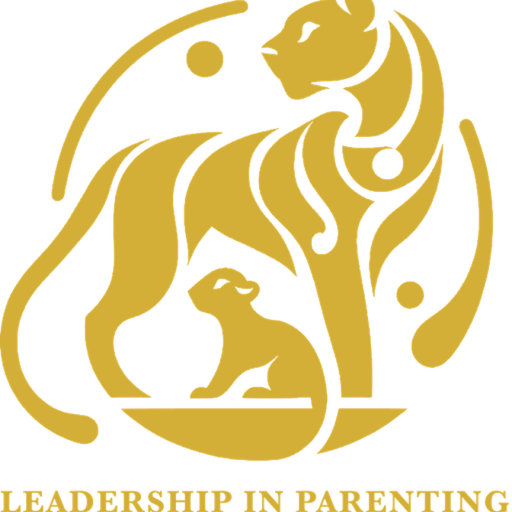Module III –
Leader-to-Leader Communication
Would you like to have respectful and meaningful communication with your child? Leader-to-Leader Communication emphasizes mutual understanding, active listening, and collaboration. Rather than one party dictating or controlling the conversation, each person shares perspectives, contributes ideas, and works toward common goals.
Description
In the context of parenting, Leader-to-Leader Communication fosters a unique bond between parent and child, treating the child as an individual with valid thoughts and insights. This approach helps build trust, encourages critical thinking, and empowers the child to express themselves confidently. By adopting Leader-to-Leader Communication, parents can guide their children in a way that respects their autonomy, while still providing the guidance and support that fosters growth and responsible decision-making.
Effective communication goes beyond focusing solely on the words being conveyed; it’s equally important to pay attention to how they are expressed and the underlying motivations behind the child’s direct communication, as well as the psychological needs that drive it.
Through active listening, it becomes essential to uncover the true reasons behind the communication, the issues, or conflicts at hand, and the psychological needs these reasons address. How past issues are resolved plays a significant role in shaping how current or future challenges will be approached. This approach is founded on several key insight:
-
Difficult events in a child’s life that evoke various emotions often contribute to the child’s current struggles or to conflicts between you. When these emotions remain unresolved, they can lead to a strained dynamic where discussing the situation calmly becomes challenging, and both parent and child may struggle to envision a positive future relationship. This emotionally charged perspective, laden with unresolved grievances, tends to hinder rather than help;
-
Both the parent and child often have differing viewpoints or interpretations of what has occurred, and each desires the other to listen and understand their perspective;
-
Additionally, both parent and child frequently seek acknowledgment, justification, or an apology from the other for past mistakes, often viewing it as a necessary step before tackling present or future issues together.
So, how can you address and resolve a significant portion of this underlying conflict? The answer lies in honing the skill of active listening—listening deeply to what your child is expressing, thereby gaining insight into the child’s authentic emotions and identifying the feelings that need to be acknowledged and nurtured first and foremost.
In this module, you’ll learn how to communicate like a coach, apply NLP tools to reveal the underlying reasons behind a child’s communication, and engage with them using a Socratic approach to dialogue.

